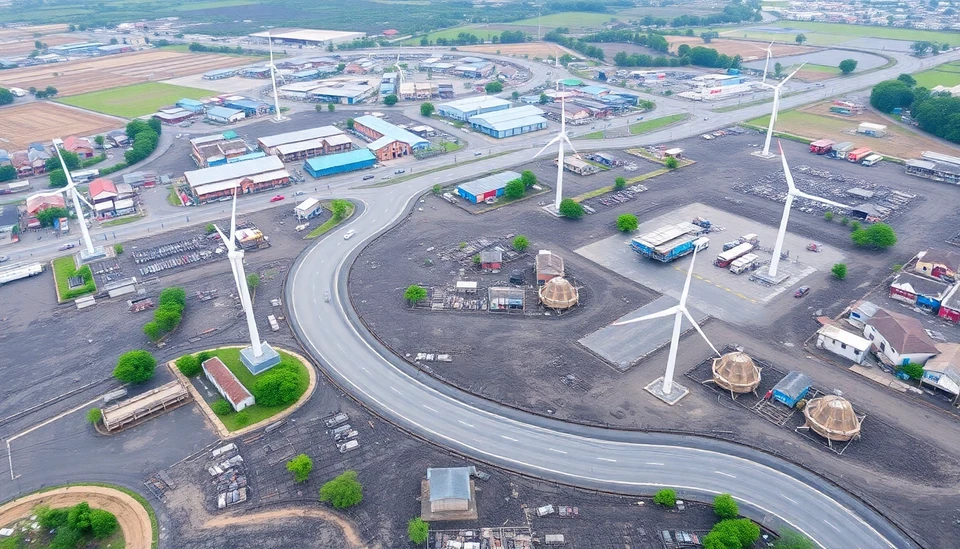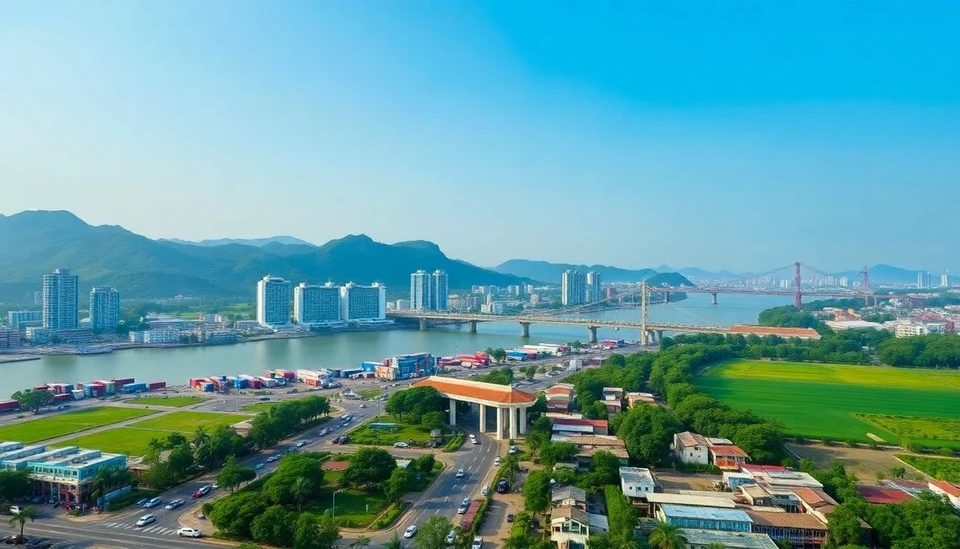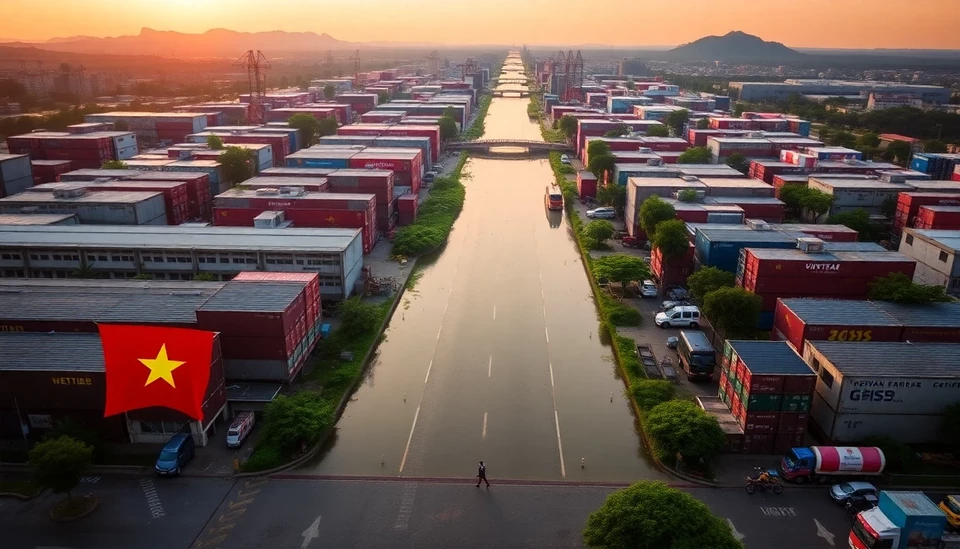
In a significant step towards sustainability and climate change mitigation, Vietnam is setting ambitious targets to phase out coal use by the year 2050. The country is focusing on developing large-scale wind and solar farms to meet its energy needs as part of a broader strategy to reduce reliance on fossil fuels.
As part of this initiative, the Vietnamese government has announced plans to invest heavily in renewable energy infrastructure, aiming to capitalize on the country's rich natural resources. Vietnam is endowed with substantial solar and wind potential, making it an ideal candidate for renewable energy projects. The government's strategy not only targets a reduction in coal dependency but aims for a total energy overhaul that promotes environmental sustainability while ensuring economic growth.
The ambitious goals set by Vietnam align with global efforts to combat climate change and achieve net-zero emissions. By shifting its focus from coal to renewable sources, Vietnam hopes to meet its energy demands without compromising the environment. The government’s energy master plan envisions that by 2050, renewables will account for a significant share of the national energy mix, providing a cleaner alternative while bettering its energy security.
Interestingly, this transition also reflects Vietnam's awareness of international pressures and commitments regarding climate goals. As countries worldwide strive to mitigate climate change, Vietnam's action is part of a larger trend that recognizes the urgent need to transition to greener alternatives. This move also resonates with foreign investors looking to fund sustainable projects, thus fostering economic growth in sectors less reliant on fossil fuels.
However, the path to ending coal use will not be without challenges. Vietnam is still heavily reliant on coal-fired power plants to meet its growing energy needs. The government will need to ensure a balanced approach that includes an increase in renewable capacity alongside a managed reduction in coal generation. It remains to be seen how quickly Vietnam can implement these changes, as political will, technological advancements, and financial resources will all play critical roles in this transition.
While the plans are ambitious, the commitment to renewable energy signals Vietnam's readiness to embrace a cleaner, more sustainable future. As the country embarks on this transformative journey, the focus will be on creating a resilience model that not only supports energy transition but also social and economic stability for its citizens.
Vietnam's strategy is reflective of a growing global trend towards renewable energy. As nations grapple with the impacts of climate change, the need for diversified, secure, and eco-friendly energy sources is more critical than ever, and Vietnam is poised to be a leading player in this arena.
In Conclusion: With its dedication to fostering renewable energy, Vietnam is taking monumental steps towards phasing out coal and paving the way for a sustainable future. It remains to be seen how successfully the country can navigate this transition, but the plans laid out set an encouraging precedent for others to follow.
#Vietnam #RenewableEnergy #Sustainability #WindEnergy #SolarEnergy #ClimateChange #CoalPhaseOut #EnergyTransition
Author: Samuel Brooks




